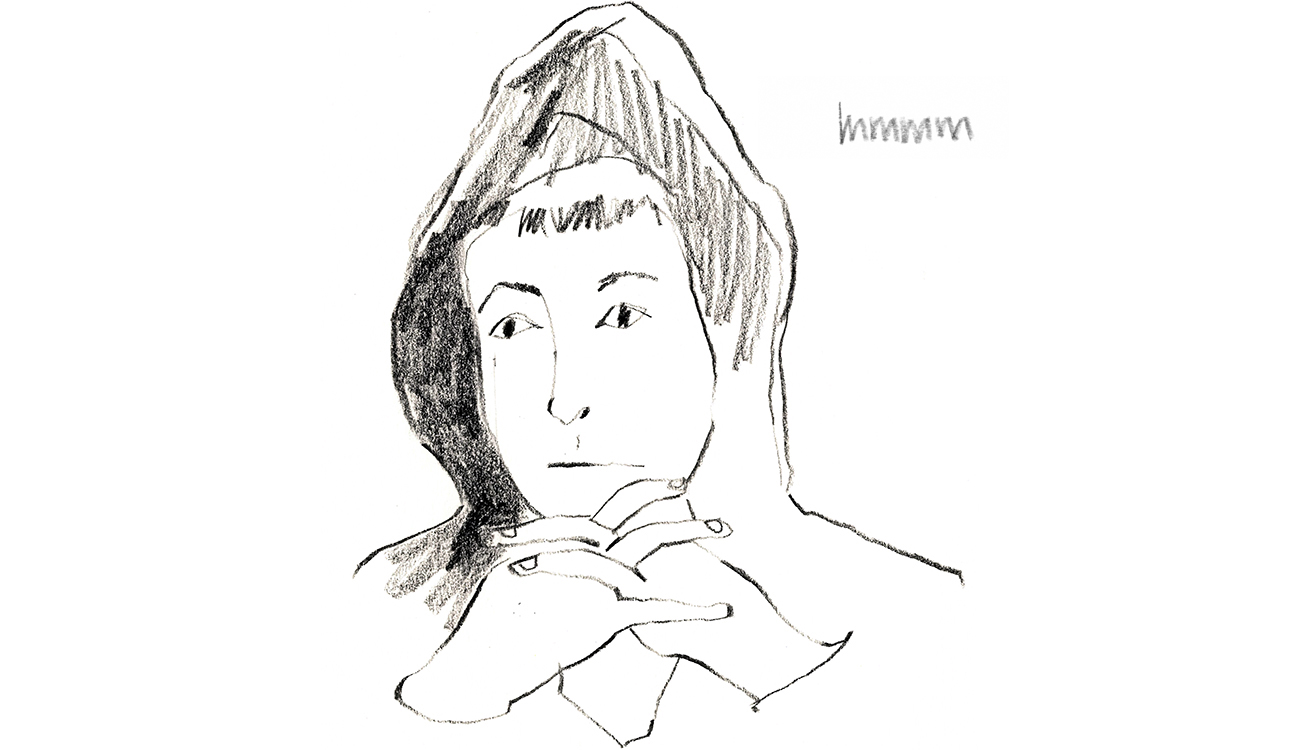
What’s your knowledge sharing contribution?
The industry we have is the one we’ve collectively built. And the standard we walk past is the standard we accept. But here’s the thing: when it comes to knowledge sharing in Australian design, we’re walking past a lot of low standards.
What are you doing to share knowledge with the next generation?
When did you last:
- attend an industry event with the intent of speaking to younger designers instead of hanging with your peers?
- go to a EOY exhibition and talk to the graduates
- say yes to a coffee when a graduate called your studio
- share a real project brief to show how you approach problem-solving?
- explain why a project failed, not just celebrate the successes?
- openly discuss your business or pricing structure with a junior designer?
- mentor someone without expecting anything in return.
Knowledge hoarding doesn’t help anyone
You can be knowledge hoarding just through inactivity. Problem is, every time we keep our processes secret, every time we let a graduate stumble through the same mistakes we made, every time we complain about “kids these days” without actually helping them understand our industry we’re part of the problem.
Yes, graduates need to be proactive
They should seek mentorship, ask questions, and take responsibility for understanding the industry they want to join. But if experienced designers don’t create pathways for that learning, how can we expect them to find it.
The democratisation of design tools isn’t going away
But what can’t be automated is wisdom. The hard-won knowledge of how to navigate client relationships, build sustainable businesses, and create work that has genuine impact.
The democratisation of design tools means our competitive advantage isn’t in keeping secrets, it’s in the collective wisdom we build together. When experienced designers share openly, we create the informal mentorship structure our industry lacks.
So what?
Knowledge sharing isn’t just nice-to-have, it’s how industries evolve and strengthen.
Unlike other industries with formal entry points — graduate programs in professional firms, apprenticeships in trades — design has no structured pathway. That’s partly why our industry can feel fragmented and why so many graduates struggle to find their footing.
Start small: answer one question from a graduate this week, attend one industry event with the intent to mentor, or simply be transparent about one aspect of your business you usually keep private.
The industry we leave behind depends on the knowledge we choose to share today.
If everyone in our industry shared just one piece of practical knowledge each month; about pricing, process, client management, or business development, imagine the collective intelligence we’d build.
Carol Mackay
Want more information like this delivered to your inbox every Wednesday? The Design Business Review is Australia’s only online design management magazine. It’s professional development information written specifically for Australian designers by Australian designers. Best of all, it’s free.
Want more?
These articles talk more about working in the creative industry:
- What type of creative business suits you?
- The lifecycle of a creative business
- 5 key insights from What clients think research
About Carol Mackay
After 30+ years running a design studio, I accumulated a pretty special network of fellow designers. One thing most have in common: a need for more information about the ‘business’ side of design. Most are impatient with any task competing for time spent doing what they love – designing so they wanted more info about how to work more efficiently and effectively.
Not me. I love that intersection between design and business. I built a career working with Ombudsman schemes, the Emergency Services sector and the Courts. My special power has always been an ability to use design to translate the difficult to understand or the unpalatable message.
I now use exactly the same skills with creative business owners. I translate the indigestible into bite-sized chunks of information. I share insights, introduce tools and embed processes to help others build confidence business decision-making skills. More confidence makes it easier to grasp opportunities. More confidence makes it easier to recognise a good client from the bad.
Outside DBC I have mentored with Womentor, AGDA The Aunties, and most recently Regional Arts NSW.
And I’m a proud volunteer and board member of Never Not Creative.
Always happy to chat, I can be contacted here.
